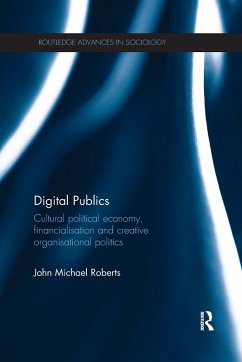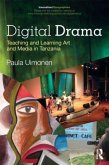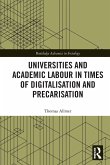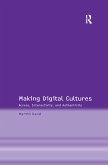Today we often hear academics, commentators, pundits, and politicians telling us that new media has transformed activism, providing an array of networks for ordinary people to become creatively involved in a multitude of social and political practices. But what exactly is the ideology lurking behind these positive claims made about digital publics? By recourse to various critical thinkers, including Marx, Bakhtin, Deleuze and Guattari, and Gramsci, Digital Publics systematically unpacks this ideology. It explains how a number of influential social theorists and management gurus have consistently argued that we now live in new informational times based in global digital systems and new financial networks, which create new sbjectivities and power relations in societies. Digital Publics traces the historical roots of this thinking, demonstrates its flaws and offers up an alternative Marxist-inspired theory of the public sphere, cultural political economy and financialisation. The book will appeal to scholars and students of cultural studies, critical management studies, political science and sociology.
Hinweis: Dieser Artikel kann nur an eine deutsche Lieferadresse ausgeliefert werden.
Hinweis: Dieser Artikel kann nur an eine deutsche Lieferadresse ausgeliefert werden.








